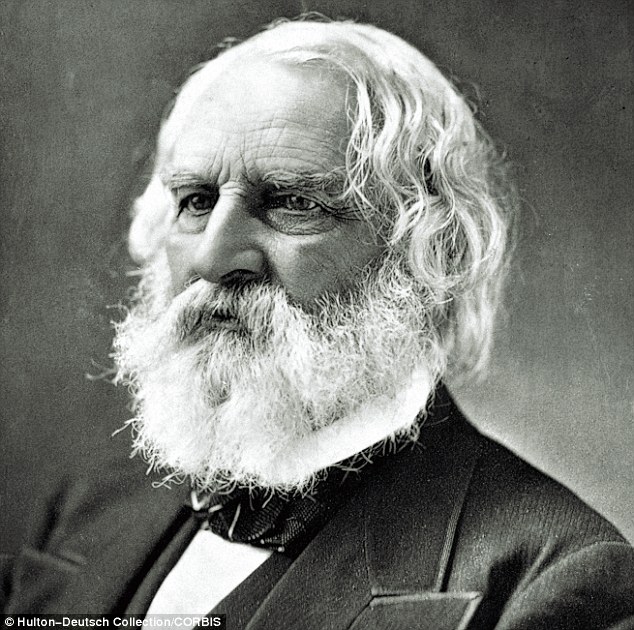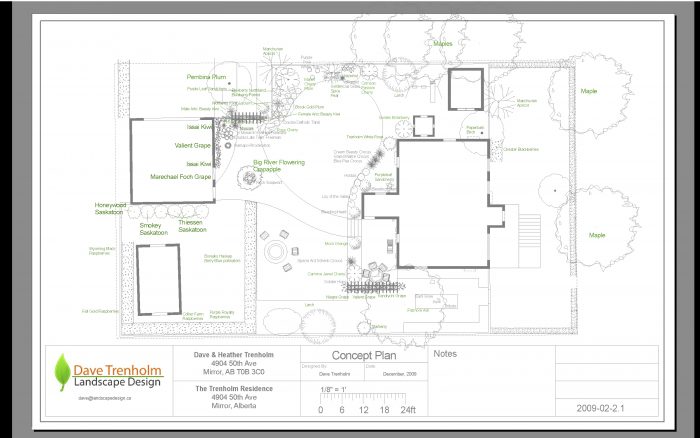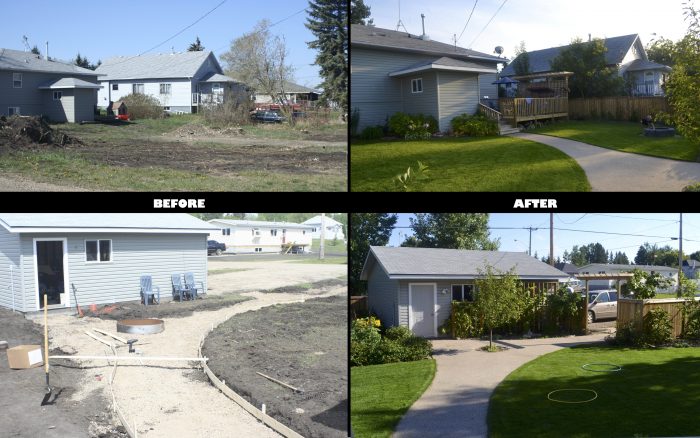If you’ve ever read through the Gospel of Matthew, you’ve probably noticed that Jesus talks a lot about the Kingdom of God or the Kingdom of Heaven. I believe it’s about 55 times in Matthew – 126 times throughout all four Gospels – that Jesus talks about this kingdom. He tells all kinds of parables and gives all kinds of illustrations to help us understand what the Kingdom of God is like. And of course, Jesus isn’t talking about a kingdom with physical borders and castles and armies and things like that. The kingdom of God is a different kind of kingdom. In fact, when Jesus was on trial before the Roman governor, Pilate, Pilate asks him, “Are you a king?” And Jesus says in John 18:36…
36 Jesus answered, “My Kingdom is not an earthly kingdom. If it were, my followers would fight to keep me from being handed over to the Jewish leaders. But my Kingdom is not of this world.” John 18:36
Jesus was saying his kingdom was very different from the kingdom of Rome or any other kingdom that we might be familiar with. You see, unlike most kingdoms, the Kingdom of God is not centered around some physical location like a city or a castle or a country. The Kingdom of God is centered around God. And God of course is not limited by location – he’s omni-present. He’s present everywhere all the time. So God’s kingdom is not defined by a physical location, but it’s defined by the people who carry out the will of their king.
Two weeks ago we looked at the Lord’s prayer and there’s a key part of that prayer – one that you’re probably familiar with – which goes like this:
“Thy Kingdom come. Thy will be done on earth as it is in heaven.” Matthew 6:10 KJV
We talked about how, when we pray that, we are inviting God’s will as King to be done on earth and in our lives and in our community – just as his will is being carried out in heaven.
And so when Jesus is talking about the Kingdom of God or the Kingdom of Heaven – he’s talking about the people who submit to and carry out the will of God in their lives.
And it makes sense that we should pray that prayer – “Thy Kingdom come, Thy will be done on earth as it is in heaven” – We should be eager to carry out God’s will because we know that God’s will is good and pleasing and perfect. We read that from Romans 12:2 three weeks ago:
Don’t copy the behavior and customs of this world, but let God transform you into a new person by changing the way you think. Then you will learn to know God’s will for you, which is good and pleasing and perfect. Romans 12:2
Our will is often flawed. I can’t speak for you, but I know that my will is often selfish and sometimes I make decisions that hurt others or even myself. We are not perfect people and we do not make perfect decisions.
But God is perfect. And his will is perfect. It’s good and it’s pleasing. We don’t always understand it. We don’t always see the good immediately. But if God really is how the Bible describes Him – loving, just, faithful, and all those other things – then we can trust that his will is good and pleasing and perfect.
And I’ve certainly seen that to be true in my life. I’ve had a lot of regrets doing things my way, but I’ve never regretted doing things God’s way.
But that’s sure not to say that it’s been easy. Doing things God’s way often means doing things the exact opposite of what everyone else is doing. We’ve talked about how the Kingdom of God is very different from the Kingdom of this world. In fact, that’s probably why Jesus talked about it so often. If we are going to live in the kingdom of God, then we need to be prepared to live very differently – different from how we used to live – different from how the world around us lives.
And so that’s what we’ve been talking about for the last few weeks as we’ve been going through this message series – which we’ve titled “Kingdom Living”.
What is God’s will for us in how we should live? If Jesus is our King and His will is good and pleasing and perfect, it would seem to me that we would want his will to be done on earth and in our lives and in our community – just as it is in heaven. And if so, then what is that good and pleasing and perfect will for us? How does He want us to live? What does Kingdom Living look like?
Leave a Comment


